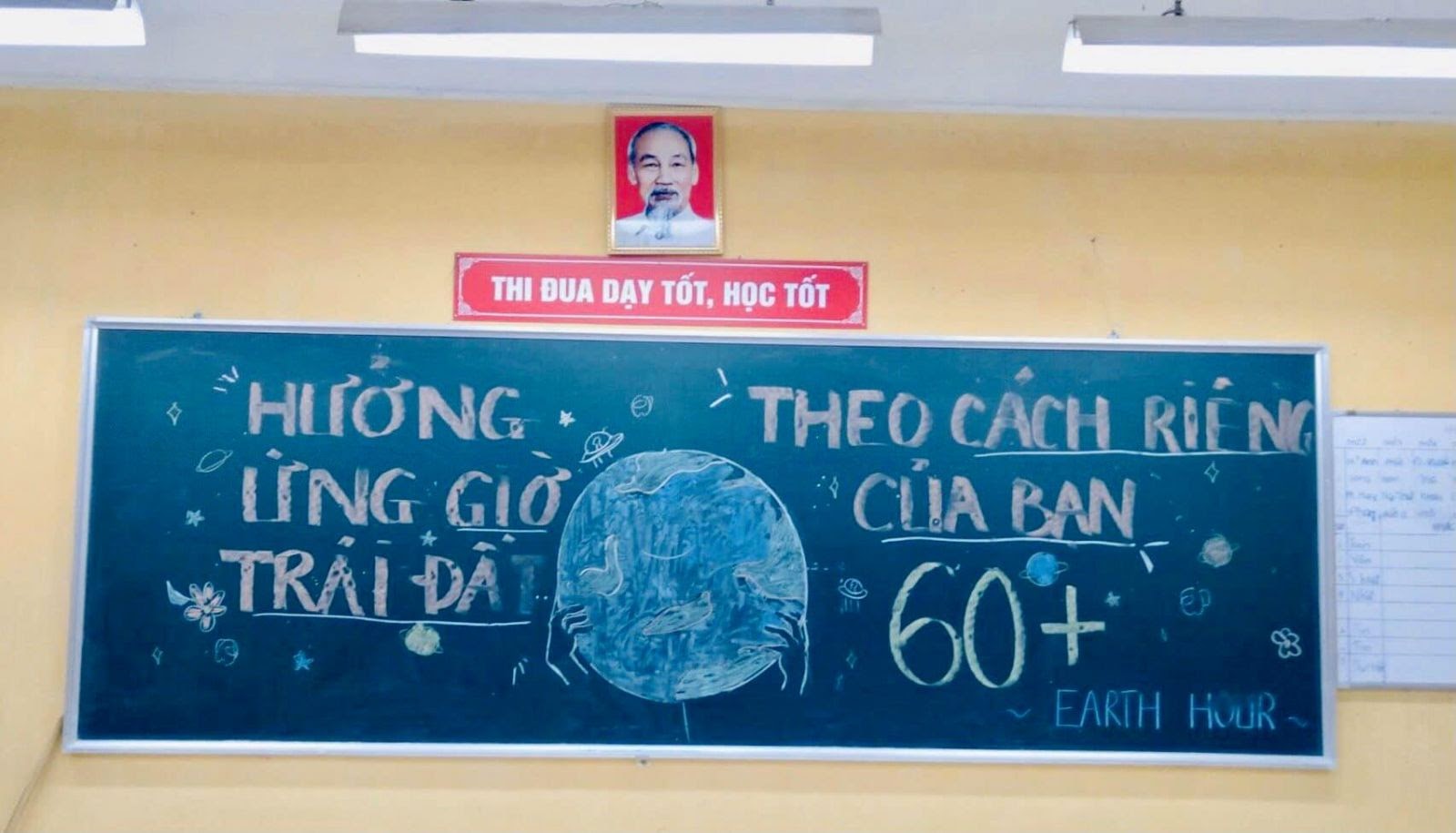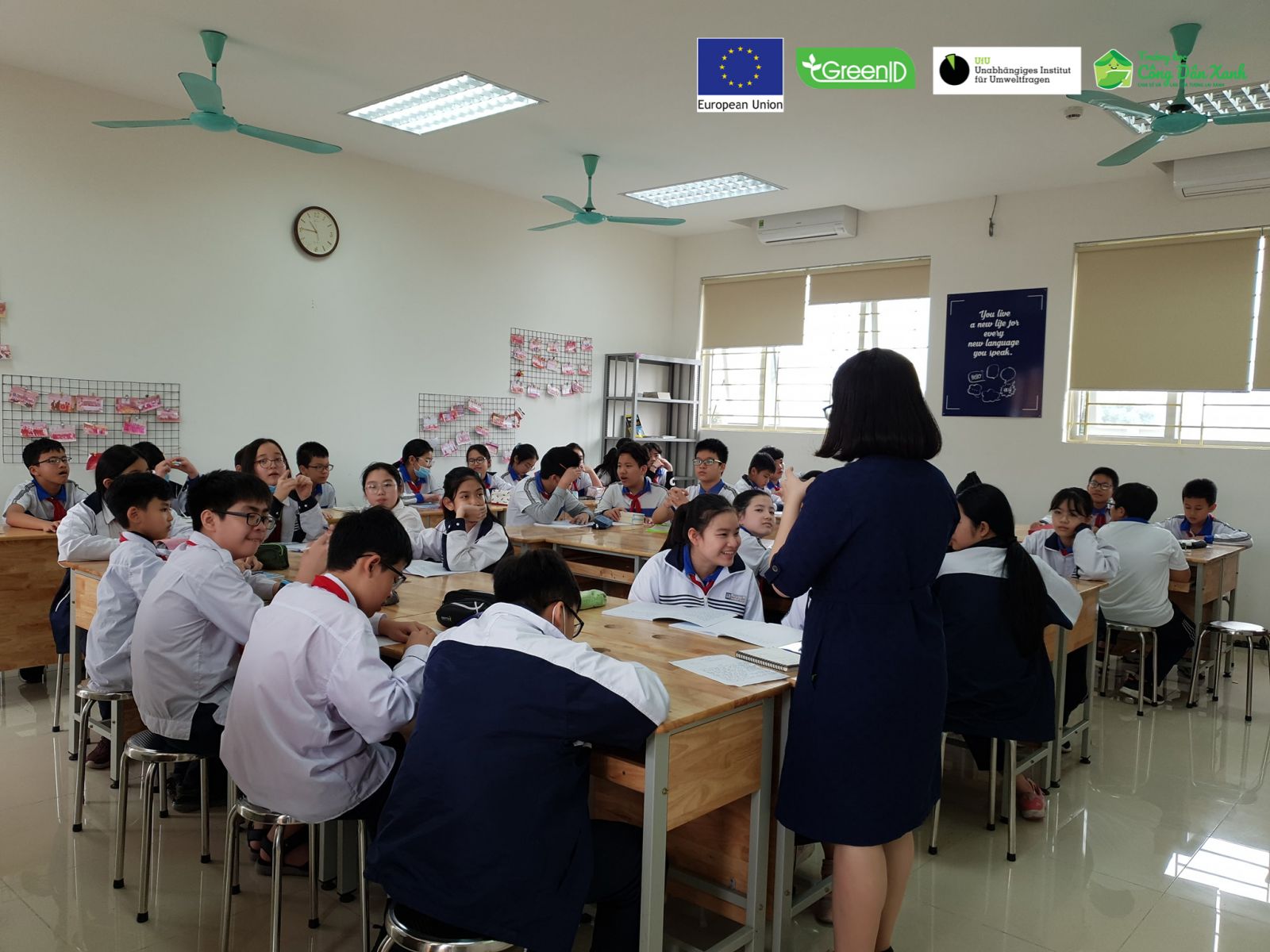
Climate change, regional integration and safeguards were highlighted by speakers at a SUMERNET roundtable at the regional symposium on the role of social and environmental safeguards held by the Mekong Partnership for the Environment (MPE) in Bangkok on 25-27 August 2015.
The regional symposium theme was “Safeguarding Sustainable Development in the Mekong Region: Perspectives for Achieving Success”.
SUMERNET’s roundtable helped engage with the issues of social and environmental safeguards in the context of a Mekong region that is warming and regionally integrated with marginalized and vulnerable groups as well as food water security to be most affected.
Dr Eric Kemp-Benedict noted that the region is likely to face both uncertain and potentially dangerous climate change, drawing on findings of the IPCC, the World Bank, and Mekong ARCC. He highlighted that, although impacts are uncertain, the Mekong region’s inhabitants and much public infrastructure are highly likely to be directly affected by climate change. For instance, the region is expected to be generally wetter, with the southern Lower Mekong Basin experiencing greater variability, the strength of tropical cyclones is expected to increase, sea level rise and storm surges are expected to affect coastal areas, and summer peak temperatures are expected to be much higher than in the past.
She also asked the audience to think of the transboundary impacts of development projects. She said that one more important issue is the absence of alternative development options that are robust to multiple and uncertain changes in climate and other factors. These uncertainties might lead to deeper and serious transboundary impacts.Dr Chayanis Krittasudtacheewa, SUMERNET Program Manager, stated that social and environmental safeguards are generally weak in the Mekong. For instance, while some countries have institutionalized environmental impact assessment (EIA) requirements especially for large-scale infrastructure, they are not implemented well and existing EIA standards are limited. National capacities to undertake EIA vary. Public participation is weak to almost non-existent.
Addressing these challenges, she said, will mean taking measures including: supporting the countries in formulating and building capacities to implement and enforce national laws, policies and regulations; supporting regional negotiation to finalize and adopt a transboundary EIA framework; strengthening the role of civil society and the academe; and, seeking alternative development options with more exploratory and participatory approaches.
Dr Pakamas Thinphanga from the Thailand Environment Institute and ISET looked at the issue of resilience in the context of rapid urbanization. Land use changes are happening rapidly. Large scale infrastructure is changing waterways and ecosystems. These have exposed large populations who are already at risk to many hazards. “Building resilience requires more than EIA. We need to look at local capacity, governance, accountability of institutions, public access to information and meaningful access by communities. We also need to design appropriate monitoring mechanisms of these developments. But, more importantly, whose resilience are we talking about?”, she said.
Ms Khon Ja from the Kachin Peace Network explained how conflicts, militarisation and investments intersect. Substantial Chinese investments in Myanmar are located in areas where there is an ongoing conflict and the military is heavily present. Many of these areas are rich in natural resources, such as oil and gas, and are homes to many indigenous peoples. She questioned the usefulness of EIA if people are not safe.
She also pointed out that indigenous people’s resilience to climate change is dependent on biodiversity. Myanmar is a signatory to the Biodiversity Convention but the requirements of the convention are not reflected in its laws and policies on biodiversity. For instance, there is a need to safeguard indigenous seeds and local laws need to be harmonized with the convention. “Where investments are planned, meaningful consultation must be conducted and Free Prior Informed Consent should be secured before projects are implemented. Consultation alone is not enough,” she said.
Mr James Tager, a lawyer and a fellow at International Commission of Jurists, discussed the rights aspects of regional integration. He said that examples from Myanmar showed that the majority of farmers do not have tenure security; lacking documents to demonstrate ownership of the land leaves them vulnerable to forced evictions.
Communal lands are important for food security. These are lands that are not officially “owned” yet used by communities leaving these lands open to being taken by large-scale agribusiness and preventing community access. Regional standards are needed to protect poor people’s access to communal lands in the absence of strong domestic laws.
Dr Louis Lebel’s talking points captured the essence of the discussions in noting that the significance of increased regional economic integration (ASEAN, Lower Mekong Basin) will not be the same for all countries. For countries like Lao PDR or Myanmar, which are still not that well linked into the global economy, the importance will be high, and likely a precursor to much greater links with investors and countries outside ASEAN in the future.
Finally, he further added that globally there will almost certainly be a strong shift away from the carbon economy as the unpleasant surprises of a +4C world become more apparent. In the less developed parts of ASEAN, most of the investments in transport and energy infrastructure is still to come, and much of it, may ‘land’ in the next two decades as these countries are integrated more into the global economy, still providing an opportunity for the Mekong region to avoid carbon “lock-in”.
On-going high levels of corruption, undemocratic and unaccountable authorities would result in greater negative consequences for marginalized and vulnerable groups. Strengthening environmental and social safeguards is particularly important, but needs to be part of broader democratization.
http://sumernet.org/content/sumernet-roundtable-explores-building-social-and-environmental-safeguards-mekong-region

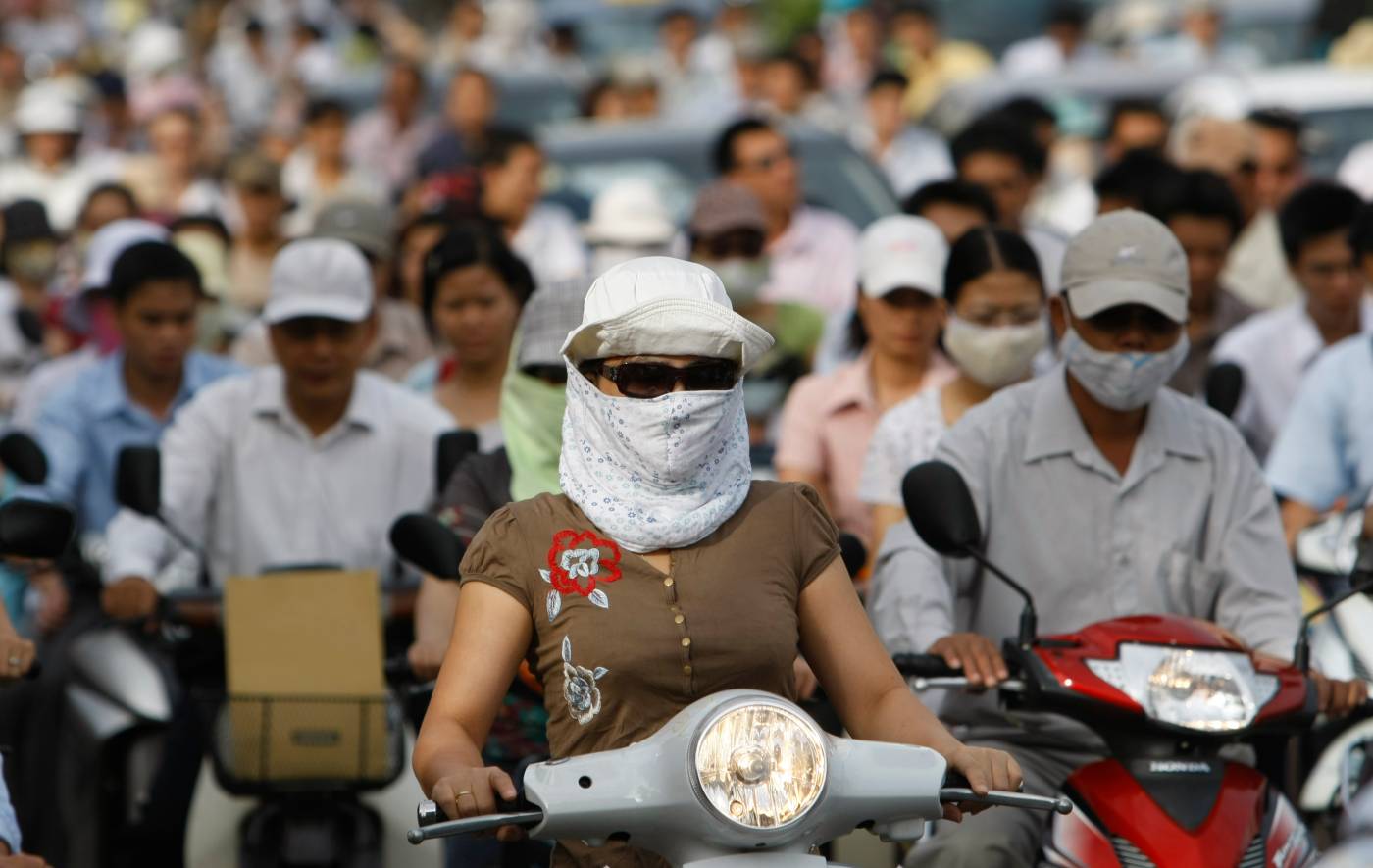
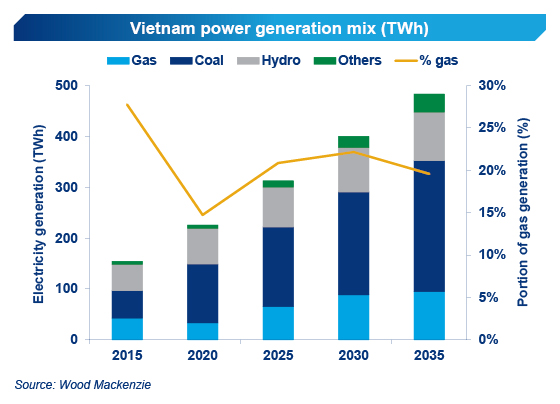
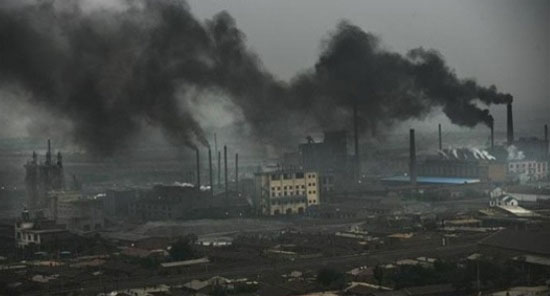
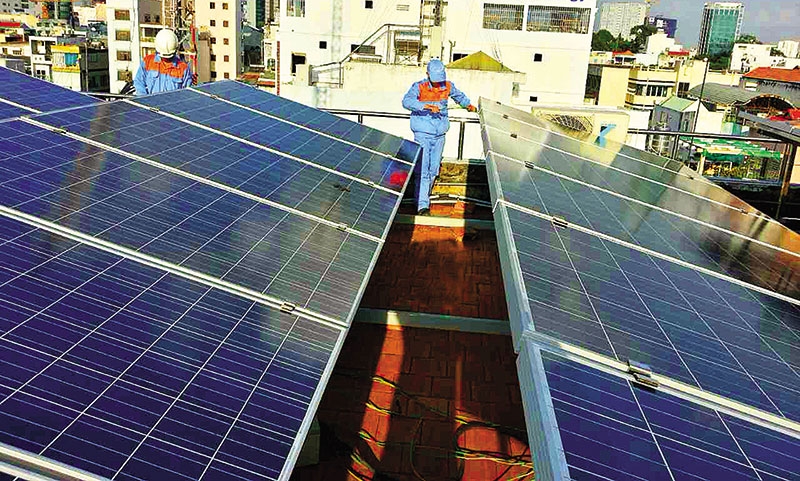
.png)
